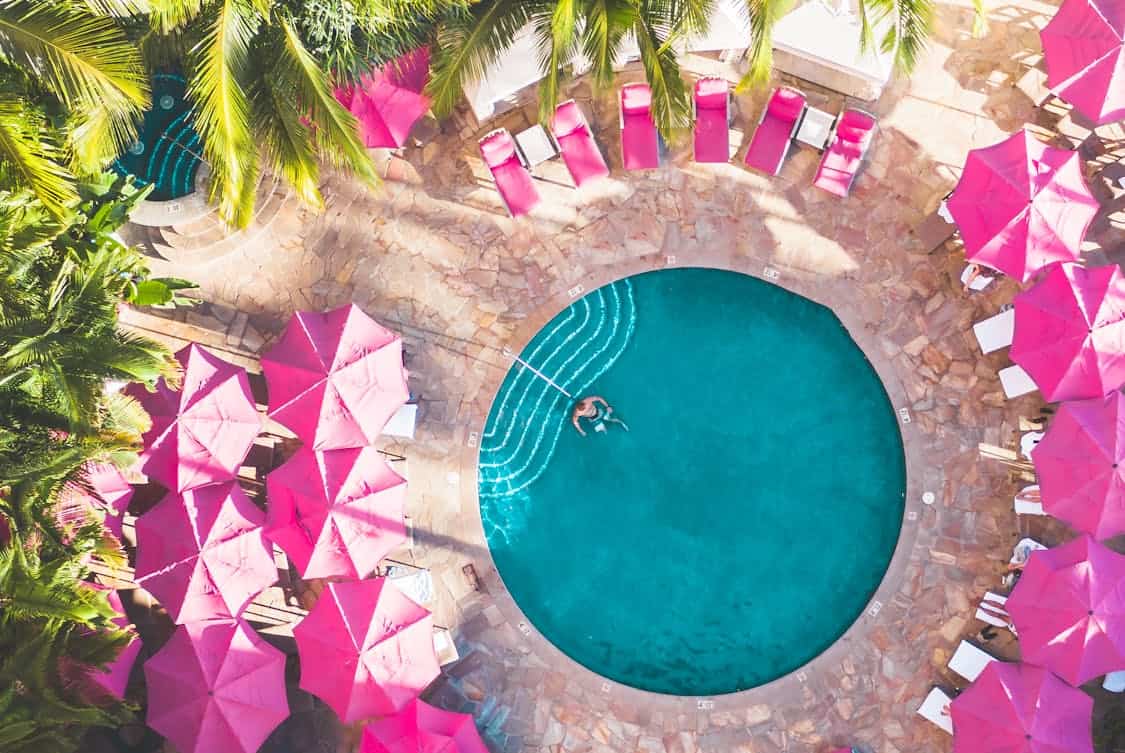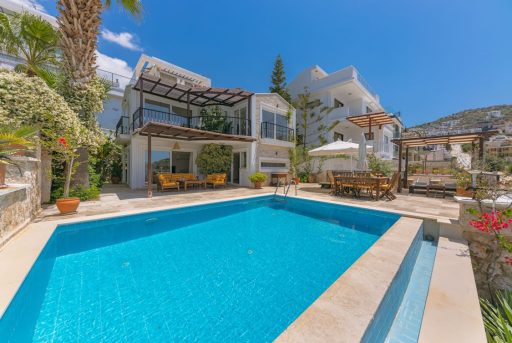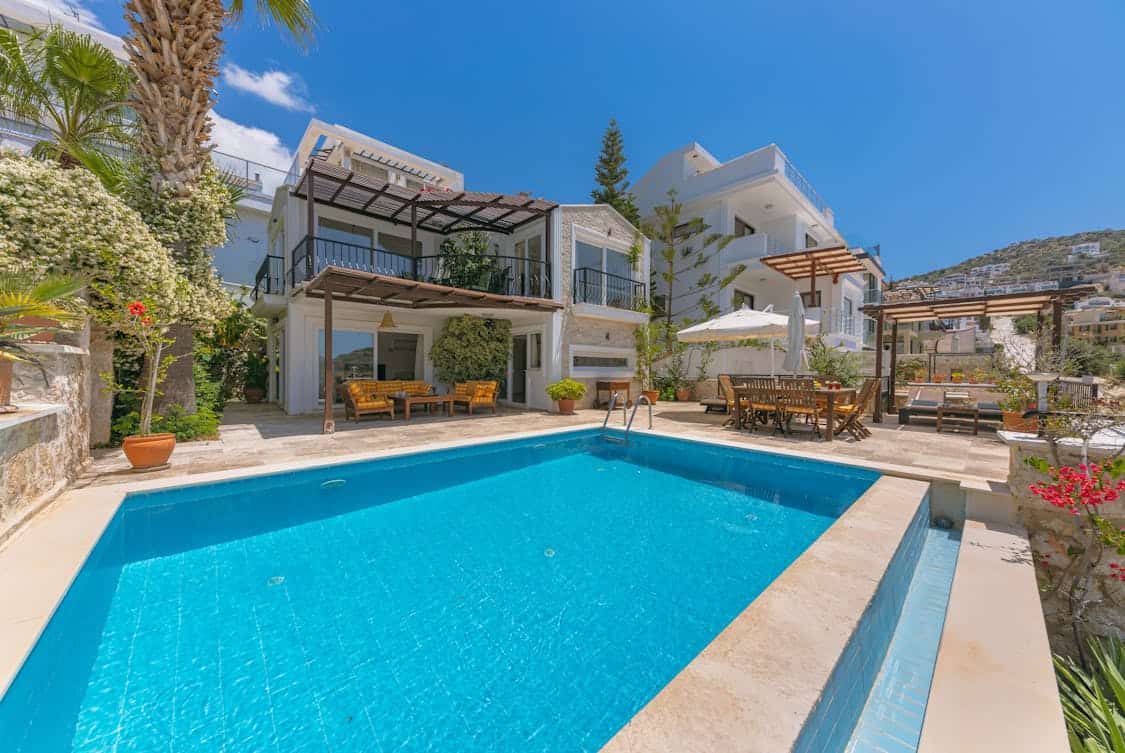Choosing the right swimming pool shape for your home can be a fun, yet challenging task. With so many options available, it’s essential to consider various factors that influence your decision.
This article breaks down the key aspects to keep in mind while selecting the perfect pool shape for your space.
Assessing Your Space
The first step in selecting a pool shape involves taking a good look at your available space. Measure your yard to determine how much room you have to work with.
Take note of any existing landscaping, trees, or structures that could impact the pool’s placement. The available area will largely dictate which shapes are feasible for your property.
Popular Pool Shapes
Rectangular Pools
Rectangular pools are a classic choice, often associated with modern design. They provide ample space for swimming laps and can accommodate various activities like pool games or relaxation.
This shape fits well in both traditional and contemporary settings, making it a versatile option. For homeowners who want professional guidance in bringing these designs to life, Splash in Style offers expert pool building services tailored to your needs.
Freeform Pools
If you’re leaning toward a more natural look, consider freeform pools. These pools often mimic the curves of nature, with organic shapes and flowing lines.
They can blend seamlessly into landscaped gardens, providing a tranquil retreat. Freeform designs can be tailored to suit your specific needs, whether you prefer shallow areas for kids or deeper sections for diving.
Oval Pools
Oval pools offer a compromise between the straight lines of rectangular pools and the flowing curves of freeform designs.
They can fit well in smaller yards while still providing plenty of swimming space. This shape also allows for creative landscaping around the pool, enhancing the overall aesthetic of your outdoor area.
Circular Pools

Circular pools can add an element of whimsy to your backyard. They are often seen in more expansive outdoor spaces, providing a unique focal point.
A circular design can promote social interaction, as everyone can easily float or swim together, making it perfect for gatherings.
Functionality and Purpose
The function of your pool plays a significant role in determining its shape. For example, if your primary goal is exercise, a rectangular pool may be more suitable for swimming laps.
Alternatively, if relaxation and entertaining are your goals, a freeform design could create a more inviting atmosphere.
Family Needs
If you have children, the pool must be safe and accommodating for their activities. Shallow areas are essential for young swimmers, while a gradual slope can provide a playful environment.
Think of family-friendly features like water slides or shallow ledges, which can be more easily integrated into specific shapes.
Entertaining Guests
If hosting parties is your jam, consider how your pool’s shape will accommodate guests. A more extended shape allows for various lounging zones while maintaining space for social interaction.
Freeform designs can also create natural seating areas, perfect for gatherings.
Aesthetic Considerations
Appearance can greatly influence your choice of pool shape. Think about how your pool will fit into the overall theme of your home.
A modern home may benefit from the clean lines of a rectangular design, while a rustic property might look better with a freeform pool.
Landscaping Integration
A pool should complement its surroundings. Consider how landscaping elements like trees, flowers, or patios can enhance or detract from the pool’s appearance.
Shapes that mimic the natural landscape can harmonize beautifully with plant life, creating a serene atmosphere.
Budget Constraints
Your budget will play a crucial role in determining the pool shape. Some designs require more materials and labor, impacting the overall cost.
Rectangular pools often have simpler construction processes, which may save you money. In contrast, custom freeform designs can require higher investments due to their complex nature.
Maintenance Costs
Different shapes come with varying maintenance needs. For instance, pools with a lot of curves or intricate designs may require more cleaning and upkeep.
Straight edges often make maintenance easier, as they provide clear swim lanes and simple access for cleaning equipment.
Local Regulations
Before finalizing your decision, it’s vital to check local regulations regarding pool installations. Some regions may have specific guidelines that can restrict certain shapes or sizes.
Understanding these rules will help avoid any surprises down the line.
Permits and Inspections
Obtaining the necessary permits and passing inspections are essential steps in the pool installation process. Your chosen shape may influence the complexity of these procedures, so it is wise to consult local authorities on what is required in your area.
Climate Considerations
The climate in your region can also impact your choice. For regions with hot summers, a pool that offers plenty of shade can be invaluable.
Freeform designs often lend themselves to creative shading solutions. If you live in a cooler climate, a rectangular shape might offer better functionality for swimming laps and exercising.
Seasonal Use
Think about how much you’ll use the pool throughout the year. In warmer regions, you might want a shape that allows for easy heating and cooling. In colder climates, consider how the shape will affect winterization processes.
Personal Style and Preferences
Ultimately, your personal style will guide your decision-making process. What do you envision when you think of your dream pool?
Reflect on the aesthetics that resonate with you and your family. Visit local pool shows or consult with designers to see various shapes and styles in action.
Customization Options
Many pool shapes can be customized to fit your unique vision. From water features to lighting, consider how you can enhance your chosen shape.
A simple rectangular pool can be transformed with stylish elements, while a freeform pool can be enriched with natural stones and plants.
Consulting with Professionals
When in doubt, don’t hesitate to reach out to professionals. A pool designer or contractor can offer valuable insights based on your specifications.
They can help you visualize various shapes within your space, aligning them with your preferences and budget.
Seeking Recommendations
If you’re unsure where to start, seek recommendations from friends or neighbors who have pools. Their experiences can provide useful insights and help you avoid common pitfalls.
Online reviews and forums can also serve as helpful resources in your decision-making process.













